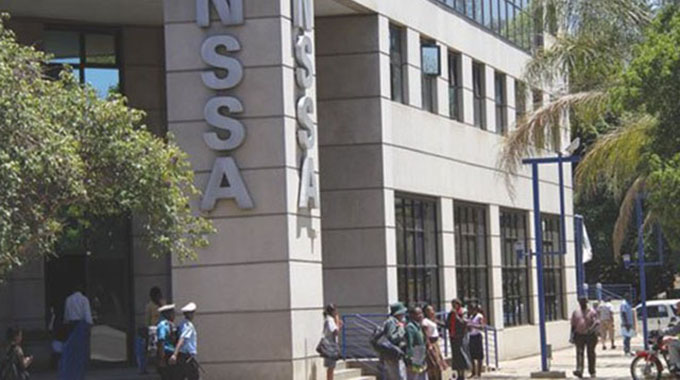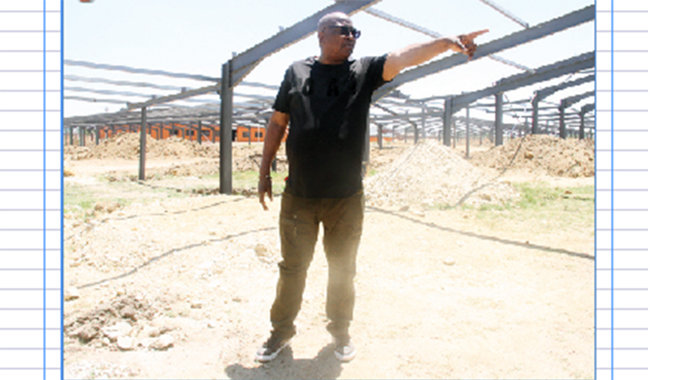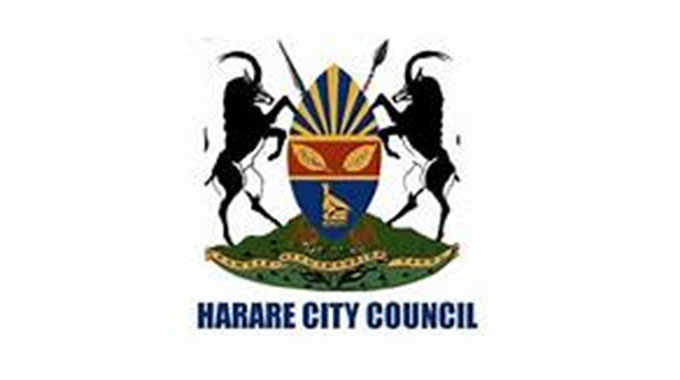Sanctions impact civil registration process

Fungai Lupande
Mashonaland Central Bureau
Illegal sanctions imposed on Zimbabwe, coupled with the Covid-19 pandemic, have crippled the civil registration process and created a backlog of over 400 000 passports, Home Affairs and Cultural Heritage Minister Kazembe Kazembe has said.
Speaking over the weekend at the official opening of the Guruve Civil Registry Office, Minister Kazembe said passport consumables were imported and the specific materials were approved by the United Nations through the International Civil Aviation Organisation to be accepted internationally.
“Companies that provide these consumables are approved by international organisations,” he said.
“We were failing to procure consumables from these companies. Recently our money was sent back because of the sanctions while we wanted to import these consumables.
“It is true that sanctions are targeted, they are targeted at everyone in Zimbabwe. When the Government fails to provide national documents because of the sanctions it means the ordinary person is deprived of their basic right.
“During the first wave of the Covid-19 pandemic, the whole world was under lockdown and there was no movement, but children continued to be born while others reached 16 years and were in need of identity documents. The number continued to grow.”
Minister Kazembe said the backlog now stands at 100 000 and it could be cleared by December after the Government engaged a partner which will see the mass production of passports, identification cards and birth certificates.
He thanked President Mnangagwa for his re-engagement drive and a plethora of measures to ease the lives of Zimbabweans.
Minister Kazembe said the Guruve Civil Registry Office, whose construction was stalled for 20 years, brings services closer to the people in a cost effective and conducive environment in line with the devolution agenda.
The Guruve office is earmarked for passport issuance as the ministry continues to decentralise passport issuance, which started in Chitungwiza.
In the meantime, the office will offer birth and death registration, national identity cards and registration of livestock brands.
Minister Kazembe appealed to civil registry officials to serve people with respect and dignity.
“People go through a lot to get a birth certificate and some pay money,” he said.
“If you hear about this here, report such cases. Shun corruption.
“Government is committed to improving service delivery which will result in cost saving on transport and reduction on the distances people travel to access services. Plans are afoot to establish more sub-registry offices to further reduce distances.”
Acting Registrar-General Mr Henry Machiri said registration of birth for certificates was mandatory.
“Parents should register their children in time and take advantage of the free birth registration facility for children up to six years,” he said.
“Register your children on time. Life is unpredictable. Decentralisation and computerisation are some of the strategies employed to improve civil registration.
“Plans are underway to decentralise issuance of passports to districts which was traditionally done by provincial offices.
“Most of the buildings currently in use by the Department are rented. This premises used to be a bakery. The President is having sleepless nights to ensure that the department has adequate offices.”










Comments